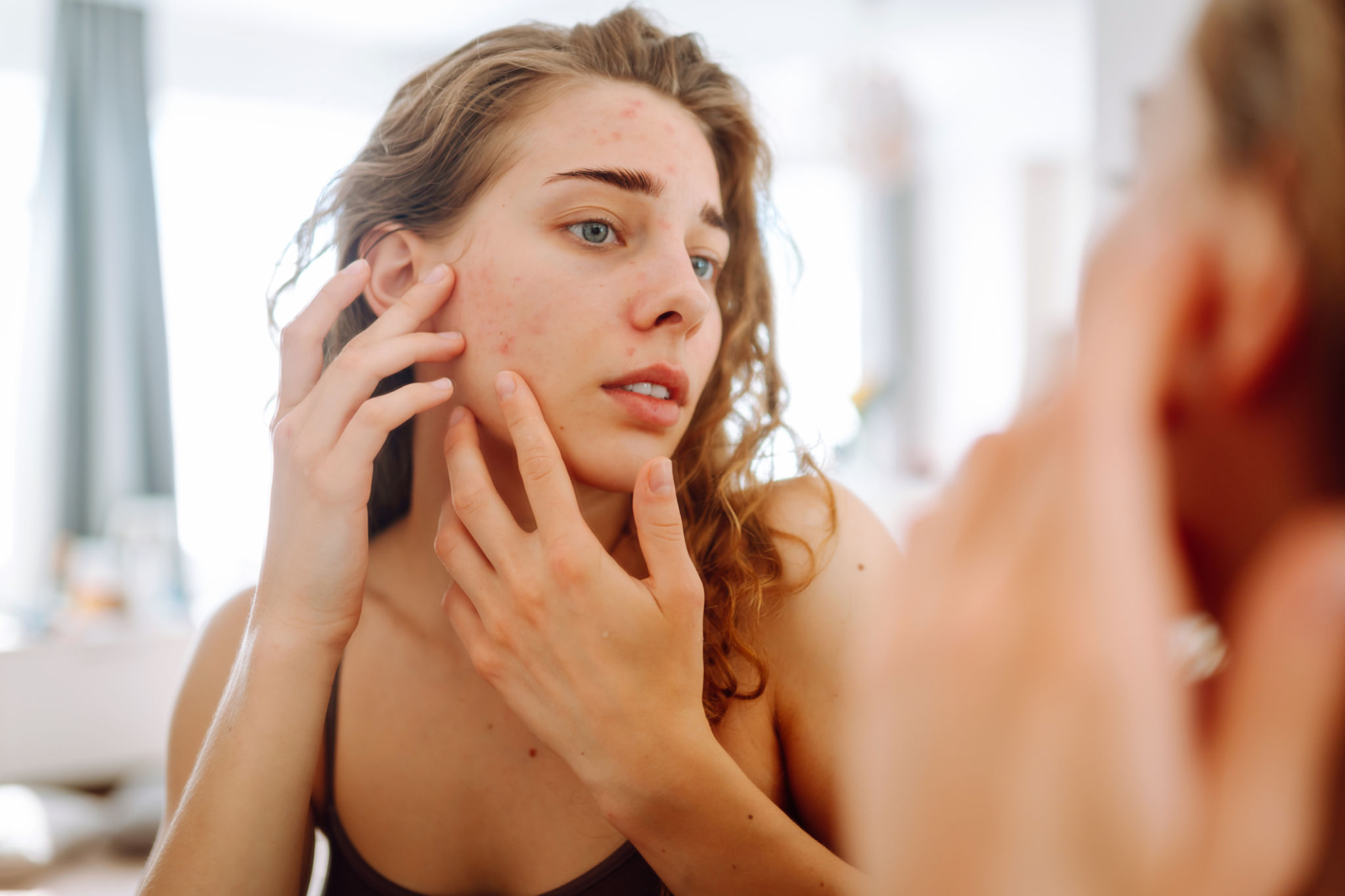How to Treat Acne-Prone Skin: Essential Products for Clearer Skin
Understanding Acne-Prone Skin
Dealing with acne-prone skin can be challenging, but understanding its nature is the first step toward effective treatment. Acne-prone skin is typically more sensitive and reactive to external factors, which can lead to frequent breakouts. The key to managing this skin type is to adopt a consistent skincare routine that targets the root causes of acne while soothing irritation.

The Importance of Cleansing
A gentle yet effective cleansing routine is crucial for those with acne-prone skin. It's essential to remove excess oil, dirt, and makeup without stripping the skin of its natural moisture. Look for cleansers containing salicylic acid or benzoyl peroxide, as these ingredients help unclog pores and reduce inflammation.
When cleansing, use lukewarm water and your fingertips to apply the product, avoiding harsh scrubbing or the use of abrasive washcloths. Pat your face dry with a clean towel to prevent irritation.
Incorporating Exfoliation
Exfoliation is another crucial step in treating acne-prone skin. It helps remove dead skin cells that can clog pores and lead to breakouts. However, it's important to use a gentle exfoliant to avoid aggravating the skin. Opt for products with alpha hydroxy acids (AHAs) or beta hydroxy acids (BHAs), which are effective yet gentle.

Hydration and Moisturization
Keeping acne-prone skin hydrated is vital, as dryness can trigger excess oil production and worsen acne. Choose a lightweight, non-comedogenic moisturizer that won’t clog pores. Ingredients like hyaluronic acid and glycerin are excellent for providing moisture without causing breakouts.
Apply moisturizer twice a day, morning and night, to maintain the skin's hydration levels and support its barrier function.
The Role of Spot Treatments
Spot treatments are an effective way to target stubborn pimples directly. Consider using products with ingredients like sulfur, tea tree oil, or benzoyl peroxide. Apply these treatments only on affected areas to reduce redness and speed up healing.

The Significance of Sun Protection
Sun protection is often overlooked in acne treatment but plays a crucial role in maintaining skin health. UV exposure can exacerbate acne and lead to hyperpigmentation. Use a broad-spectrum sunscreen with at least SPF 30 daily, even on cloudy days. Select a formula that is oil-free and non-comedogenic to ensure it doesn’t contribute to breakouts.
The Importance of Consistency
Consistency is key when it comes to treating acne-prone skin. Sticking to a regular skincare routine allows your skin time to adjust and respond to the products you're using. It’s important not to switch products too frequently, as this can lead to further irritation.

Consulting a Dermatologist
If over-the-counter products aren’t providing the desired results, consider consulting a dermatologist. They can recommend prescription treatments tailored to your specific needs and help you develop an effective skincare regimen. Professional guidance is invaluable when dealing with persistent or severe acne.
Treating acne-prone skin requires patience and dedication. By understanding your skin type and using the right products consistently, you can achieve clearer, healthier skin over time.